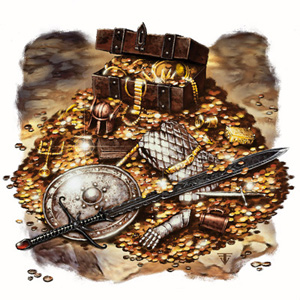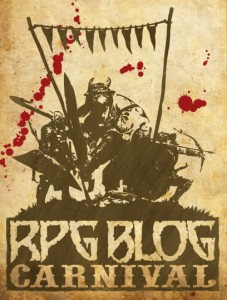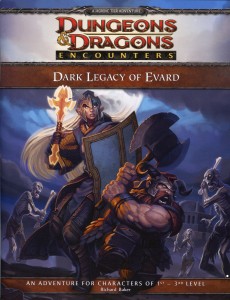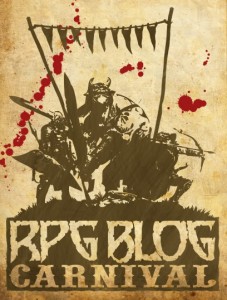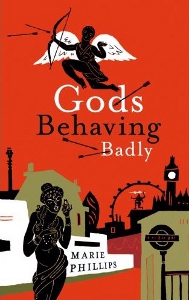The distinction between PC and NPC is pretty simple. You, the players, are the PCs (Player Characters) and everyone else you meet in the game controlled by the DM is an NPC (Non-Player Character). But the more I thought about it, the more I’m realized that there was a lot to be gained by introducing a kind of character that fell somewhere between these two absolutes.
One of the most common D&D axioms is “Never split the party.” As many players have learned over the years this is sound advice. In most cases when the party divides into smaller groups or one character goes off on his own, they make themselves vulnerable and often end up dead. But I believe that the real reason to never split the party is because it divides the game. The DM has to jump back and forth between both groups. Each group has to have enough to do during their session to still enjoy the gaming experience, but the DM has to be conscious of how much time the group out of the spotlight spends doing nothing.
The type of story-telling that D&D creates and encourages, focuses on a party of adventurers who, for the most part, are always together. Strength in numbers and all entails; nothing new here. However, in fantasy literature that focuses on an adventuring party, including classics like The Lord of the Rings upon which D&D was heavily based, the story is constantly shifting between the characters as they do different things simultaneously.
This is something that doesn’t work well with the way D&D mechanics were created, and in some cases it’s really too bad. Many DMs, myself included, often feel that their hands are tied when they’re trying to come up with a really excellent story for their next campaign.
